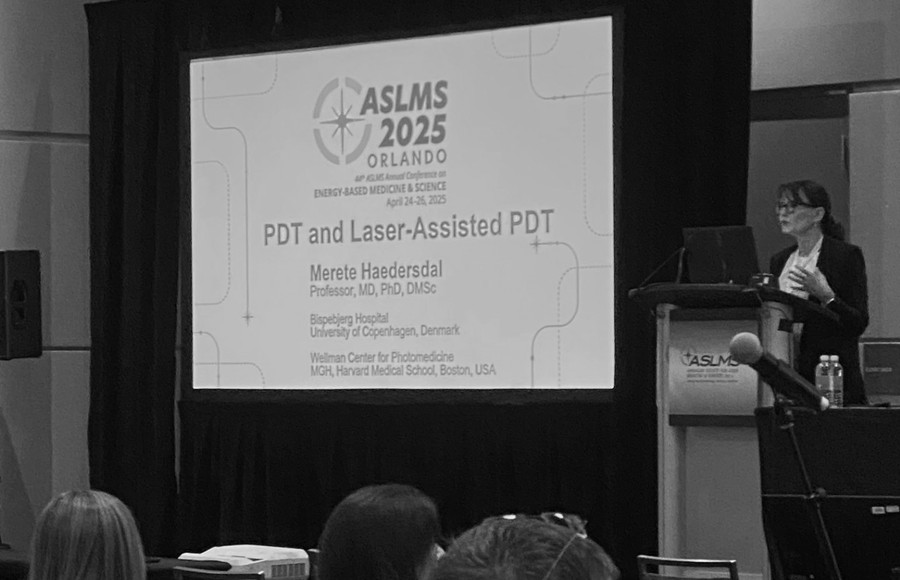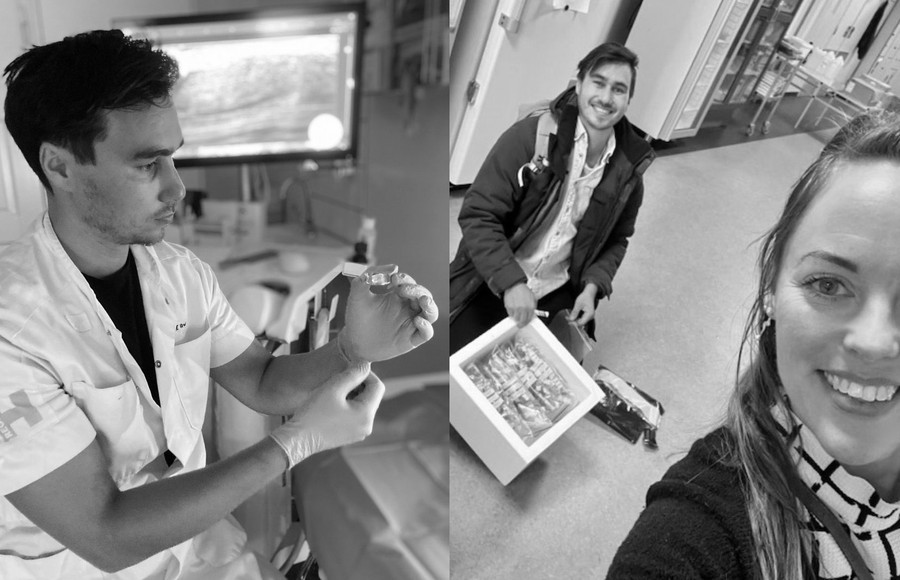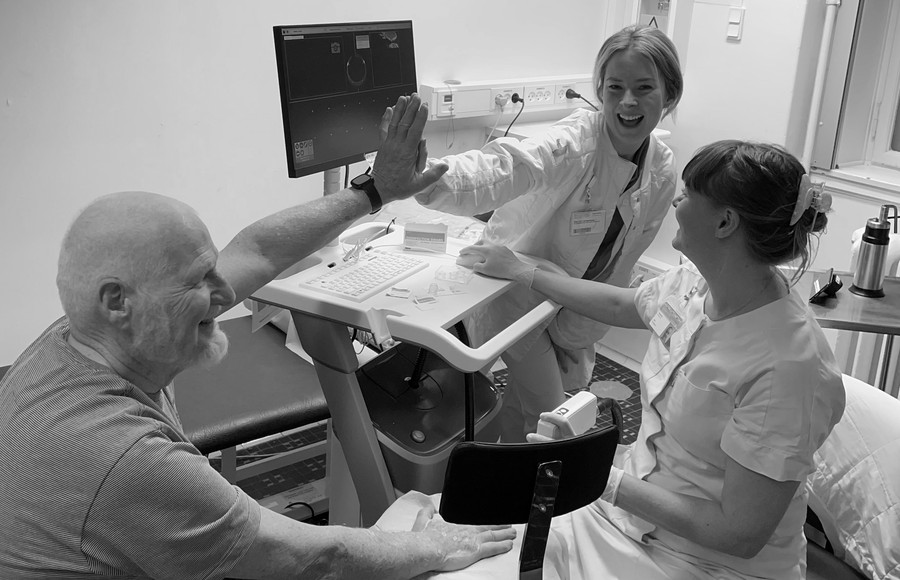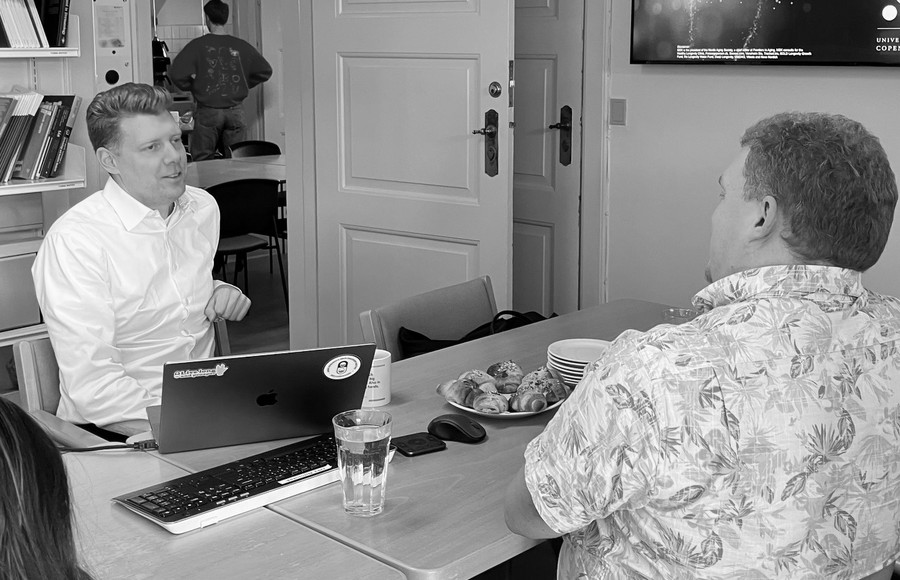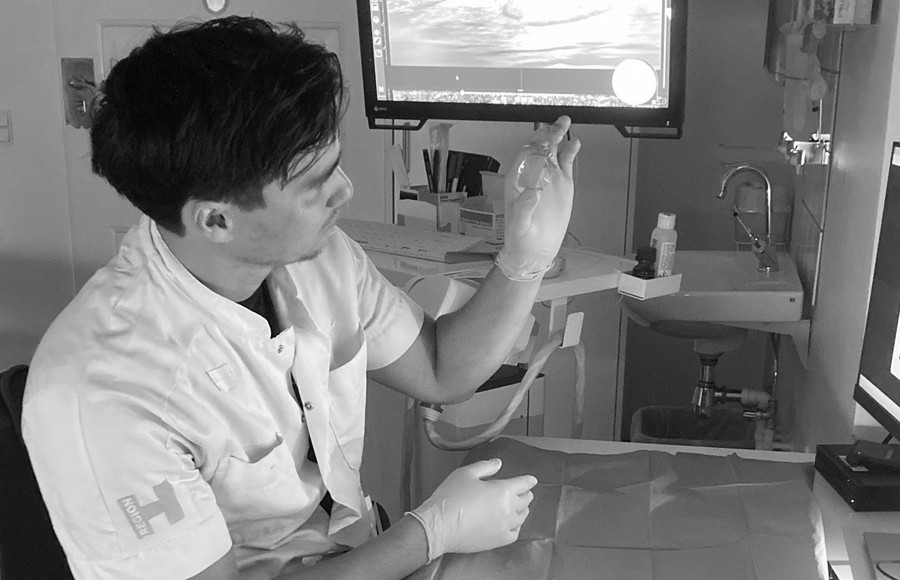Collaborative research efforts transforming skin cancer care in Denmark

In 2020, a public-private research partnership was forged between the Private Hospital Molholm, Aalborg University Hospital, and Bispebjerg Hospital. The shared mission: to change the landscape of skin cancer prevention, diagnosis, and treatment. Three years later, the Danish Research Center for Skin Cancer stands as a testament to the dedication, with over 30 ongoing research projects and a team of more than 40 passionate researchers, physicians, and Ph.D. students.
Denmark, as many other contries, grapples with the burden of skin cancer, with roughly 15,000 new cases of common skin cancer (basal cell and squamous cell carcinoma) being reported annually - a figure believed to be only half the actual incidence. Sun exposure stands as the primary catalyst for skin cancer development, motivating the pursuit of new innovative sun protection strategies. One particularly promising research initiative from the Danish Research Center for Skin Cancer explores the feasibility of augmenting conventional sunscreen applications with natural plant-based tablets designed to shield against harmful UV radiation from the sun. In the long term this innovation promises not only to simplify sun protection but also holds the potential to curtail the prevalence of skin cancer within the population.
Another top priority revolves around refining the diagnostic process. Conventionally, skin cancer diagnosis necessitates a biopsy - an invasive procedure involving the extraction of tissue samples followed by analysis to identify cancerous cells. This approach is often time-intensive and often leaves patients with small surgical scars. Several research projects are underway to challenge this status quo by pioneering novel non-invasive optical methods for swift and precise skin analysis. These techniques enable immediate assessment of the skin, paving the way for earlier detection and improved treatment outcomes.
Organ transplant recipients face an elevated risk of developing skin cancer due to the immunosuppressive medications they require. Recognizing their vulnerability, the research team is working on early intervention through light- and laser-based treatment modalities as well as frequent monitoring. This targeted approach not only mitigates the risk of skin cancer in this patient group but also enhances their overall quality of life.
Research collaboration between the public and private healthcare sector holds the potential to change the understanding, prevention, diagnosis, and treatment of skin cancer. With visionary innovation and dedicated researchers, there is optimism that we can make a meaningful impact on the lives of many Danes affected by skin cancer in the years to come.
